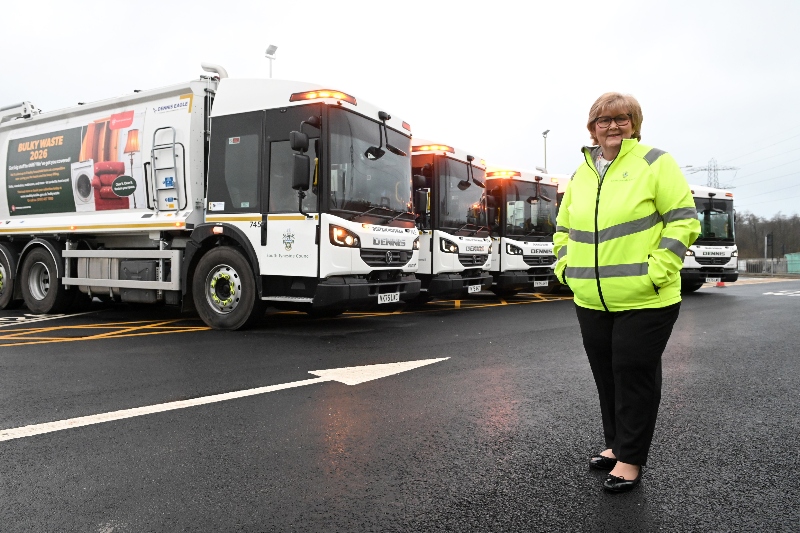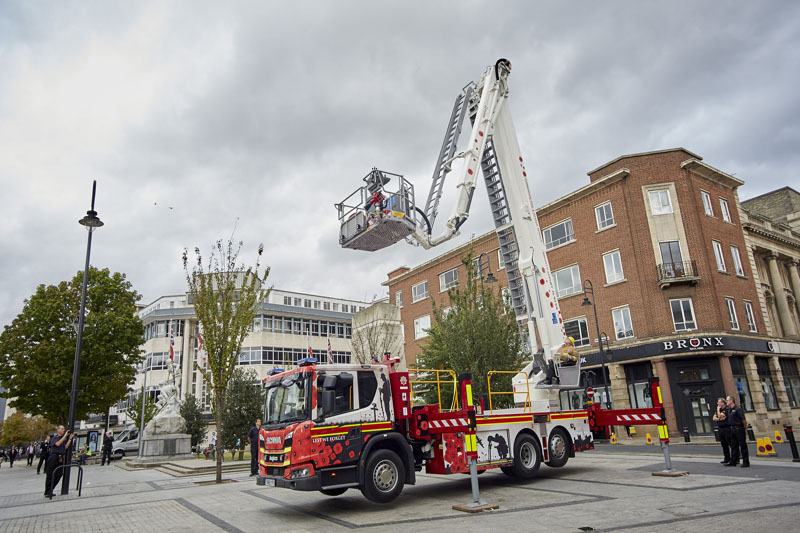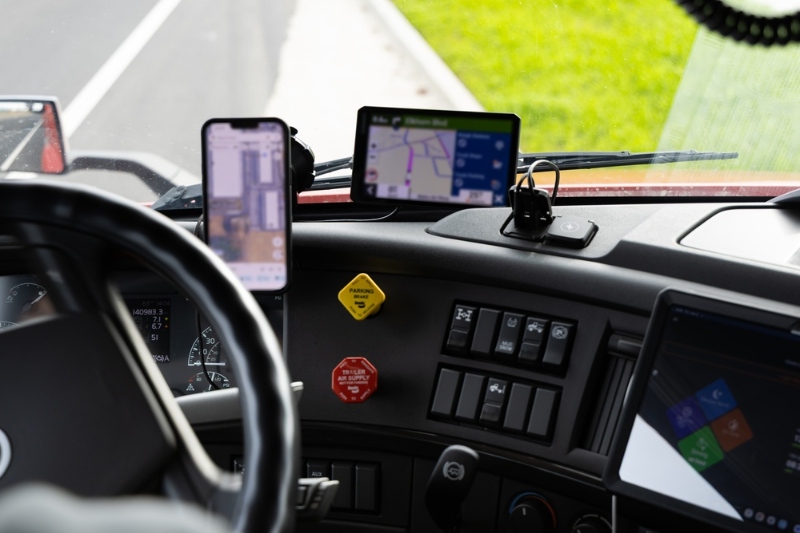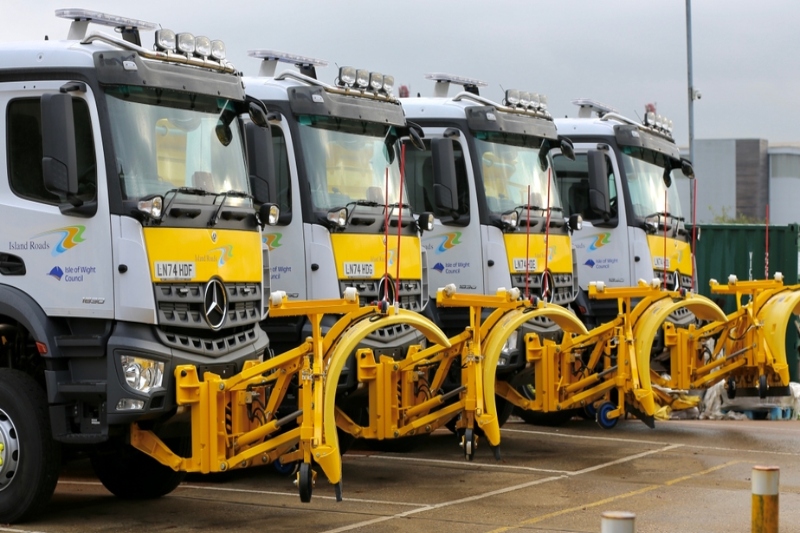Big pick-ups run by public sector fleets could inadvertently be breaking the law, says vehicle leasing and fleet management company Arval.
Many of the larger pick-ups entering the UK market could have to abide by light commercial vehicle speed limits, says the company, as they can exceed the legal 2,040kg unladen weight classification for dual-purpose vehicles, which means they are no longer covered by passenger car speed limits.
Arval cites models such as the most popular double cab derivatives of the latest Ford Ranger, Toyota Hilux and Volkswagen Amarok as potentially exceeding the weight classification and says that would mean they should not travel faster than 50mph on single carriageways and 60mph on dual carriageways ' although the standard urban 30mph and 70mph motorway limits continue to apply.
Eddie Parker, commercial vehicle consultant at Arval UK, said: 'Pick-ups sold in the UK have been getting bigger and heavier for several years, driven by demand for increased payload from both fleet and domestic buyers.
'The result of this is that, at least technically, they have become light commercial vehicles in the eyes of the law and should be sticking to the lower speed limits.
'Confusingly, there is also a possibility that individual examples of the same model might fall either side of the 2,040kg limit because of the fitting of optional equipment, such as winching gear, that is needed for some blue light fleet applications.
'It is definitely a grey area and one of which public sector fleet managers operating pick-ups should be aware. With the accent on compliance in this area of the fleet industry, it is a subject that needs to be carefully considered'
Mr Parker added that Arval had contacted the Department for Transport (DfT) about the issue and they had conceded that the classification of some pick-ups may need to change in the future but that this could require a legal challenge to take place.
He said: 'Our general advice would be that, where there is any doubt, it is probably best to advise your pick-up drivers to adopt the lower limits. There is little to be gained from potentially having to fight a test case on behalf of all public sector fleets if one of your vehicles is prosecuted for exceeding the speed limit'






